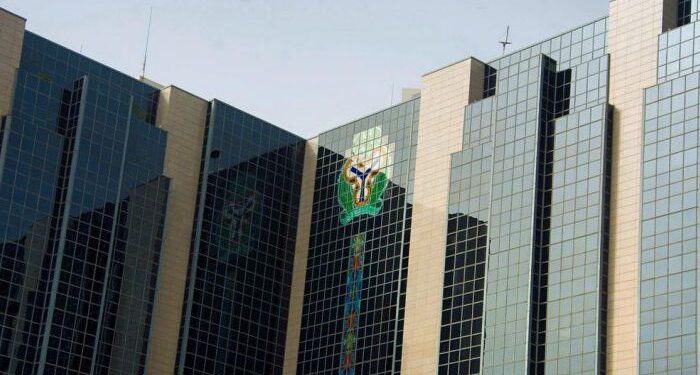The Central Bank of Nigeria (CBN) has indicated that it may take legal action against parties found to have violated the terms of foreign exchange (FX) contracts, following the conclusion of an extensive audit of such transactions. The move comes amid the apex bank’s intensified efforts to ensure transparency, compliance, and stability in the country’s FX market.
According to senior officials, the audit—initiated earlier this year—was aimed at reviewing the adherence of financial institutions, importers, exporters, and other market participants to existing FX contract rules. Preliminary findings reportedly revealed instances of non-compliance, including failure to meet contractual obligations, misuse of allocated foreign exchange, and discrepancies in documentation.

The CBN stated that violators of the FX contract agreements risk facing prosecution, revocation of licenses, or other regulatory sanctions, depending on the severity of their infractions. The regulator stressed that its goal is not to stifle business activity but to maintain market integrity, protect the naira, and ensure that FX allocations are used for their intended purposes.
A senior CBN source, who spoke on condition of anonymity, explained: “We have completed the review phase and are now in the process of determining the appropriate enforcement actions. Those who failed to comply with their contractual obligations will face the consequences, which could include legal proceedings.”
The apex bank noted that some breaches involved companies obtaining foreign exchange under the guise of importing goods or raw materials but diverting the funds for other purposes. In other cases, exporters failed to repatriate foreign earnings within the stipulated timeframe, thereby violating Nigeria’s FX regulations.
Industry analysts believe this development is part of the CBN’s broader strategy to restore confidence in the foreign exchange market, which has been plagued by volatility, currency speculation, and liquidity challenges. By holding violators accountable, the bank hopes to deter future breaches and strengthen compliance culture among market operators.
The regulator also highlighted that adherence to FX contract terms is crucial in stabilizing the naira, improving forex supply, and attracting foreign investment. “When contractual agreements are respected, it sends a positive signal to both local and foreign investors,” the CBN noted in a statement.
Market watchers say the crackdown may also help curb round-tripping—where individuals or companies obtain forex at official rates and resell it at higher parallel market rates—a practice that has contributed to exchange rate distortions.
The CBN has in recent months introduced several policy reforms to improve transparency and efficiency in the FX market. These include stricter monitoring of forex allocations, harmonization of exchange rates, and digital tracking of transactions. The audit of FX contracts is seen as a critical component of these reforms, aimed at closing loopholes and holding all stakeholders to higher accountability standards.
Legal experts point out that for the CBN to succeed in any lawsuits, it must present strong evidence of contractual breaches and prove intent or negligence on the part of the accused parties. However, they also note that such cases could serve as landmark precedents in Nigeria’s financial regulatory framework.
Stakeholders in the manufacturing and import sectors have called for a balanced approach, urging the CBN to distinguish between deliberate violations and breaches caused by genuine economic difficulties, such as supply chain disruptions or foreign payment delays. They warn that overly punitive measures without room for dialogue could discourage participation in the official FX market.
In response, the CBN has said that while it is open to engaging with affected parties to resolve issues amicably, willful and repeated violations will not be tolerated. The regulator insists that strict enforcement is necessary to protect the country’s limited forex reserves and promote fair market practices.
As the apex bank prepares to make public the list of erring entities and potential charges, industry observers will be watching closely to see how the legal actions unfold and whether they lead to a more disciplined and transparent FX environment in Nigeria.
The coming weeks are expected to reveal the extent of the violations uncovered and the scale of the CBN’s enforcement drive—steps that could reshape the dynamics of Nigeria’s forex market for years to come.
Support InfoStride News' Credible Journalism: Only credible journalism can guarantee a fair, accountable and transparent society, including democracy and government. It involves a lot of efforts and money. We need your support. Click here to Donate
